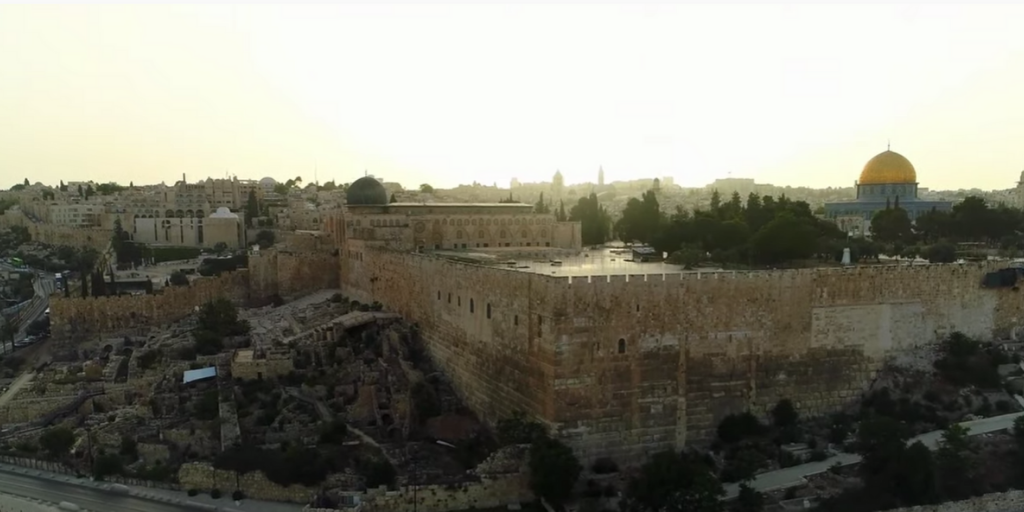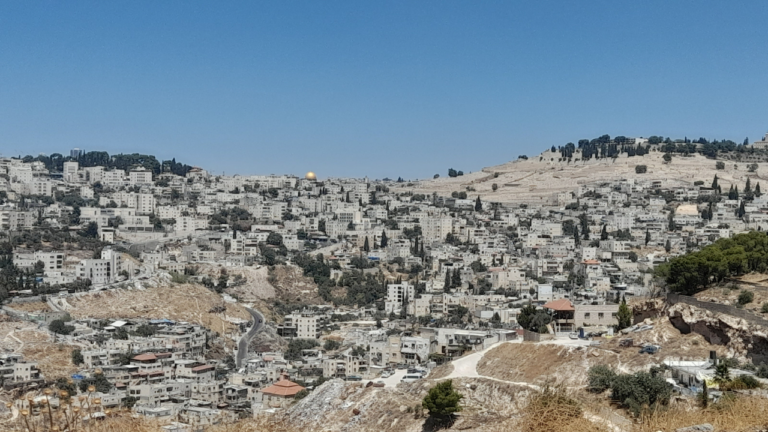Fetishism, The Golden Calf and Jerusalem
Commentators struggle to locate the root of the Jewish people’s precipitous fall from the heights of the Giving of the Torah to idol worship in the form of the Golden Calf. The Meshech Chochma suggests a powerful interpretation. He asserts that Judaism declares that sanctity stems solely from God and His Torah – nothing physical be it land, item or person – is imbued with inherent holiness. Things are only sanctified insomuch as they are connected to God and His Torah.
The people’s mistake was that they attributed too much significance to Moshe himself. They referred to Moshe as the person who took them out of Mitzraim as opposed to attributing that feat to God alone. Therefore, they were distraught and stricken when Moshe did not return from the mountain and needed a replacement physical intermediate between themselves and God.
This was the reason that Moshe’s response was to break the Luchot. If anything would have inherent sanctity, it would be these tablets, fashioned and formulated by God himself. By smashing the tablets, Moshe demonstrated that the holiness is vested in the letters of the Torah that flew to the heaven and not the heavy and cold stone that shattered on the ground.
The shortcode is missing a valid Donation Form ID attribute.
In the continuation of his essay, the Meshech Chochma notes that a similar problem can arise regarding Jerusalem and the Beit HaMikdash. One who visits the holy city and sees the palpable spiritual aura of the Beit HaMikdash might be led to believe that these places have independent and inherent sanctity. In fact, we find that at the end of the Bayit Rishon period there were Jews who simply could not believe that the Beit HaMikdash would be destroyed and that the city would fall. They thought that irrespective of Jewish sins and the abandonment of the Torah, the city and Beit HaMikdash were too holy to be overrun by marauding Bablyonians.
However, they were mistaken. As holy as Jerusalem and the Beit HaMikdash are, they are sanctified through God and the Torah and not irrespective of them. Therefore, the Talmud comments on the verse “And you shall fear my Temple” : “One does not fear the Temple, rather from the One who commanded us regarding the Temple.” We fear the One who resides in Jerusalem and not the actual stones of the city.
This is an important lesson for our generation. We have merited to be able to experience Jerusalem and to embrace the stones of the Kotel. Even as we recognize the sanctity of the location, we must trace the sanctity back to its root – God. Experiencing Jerusalem should have an all-encompassing positive impact on our relationship with God and not be a one-time spiritual experience due to the city’s spiritual environment. Otherwise, we will be guilty of the same root-sin as the Golden Calf.



